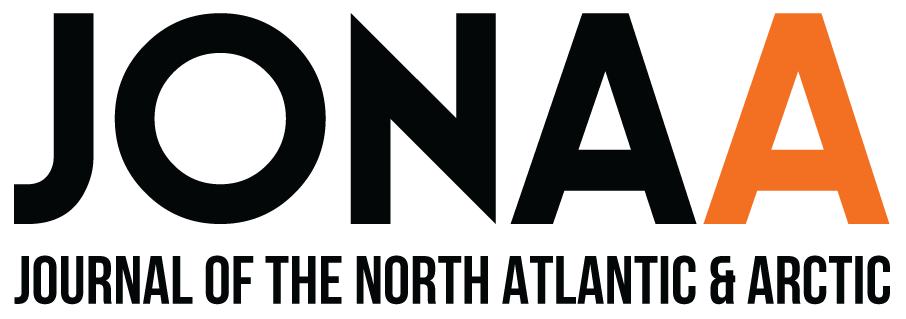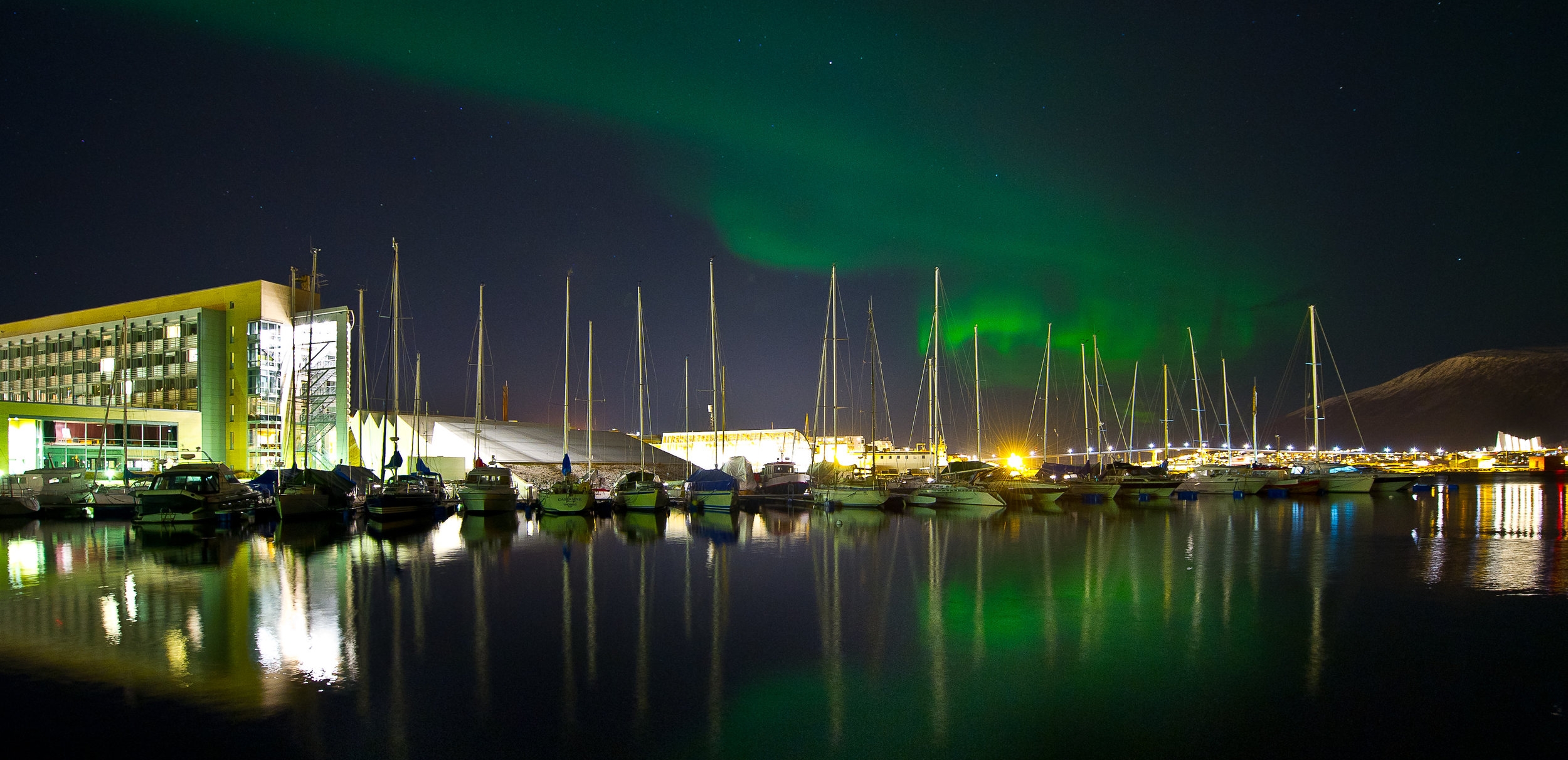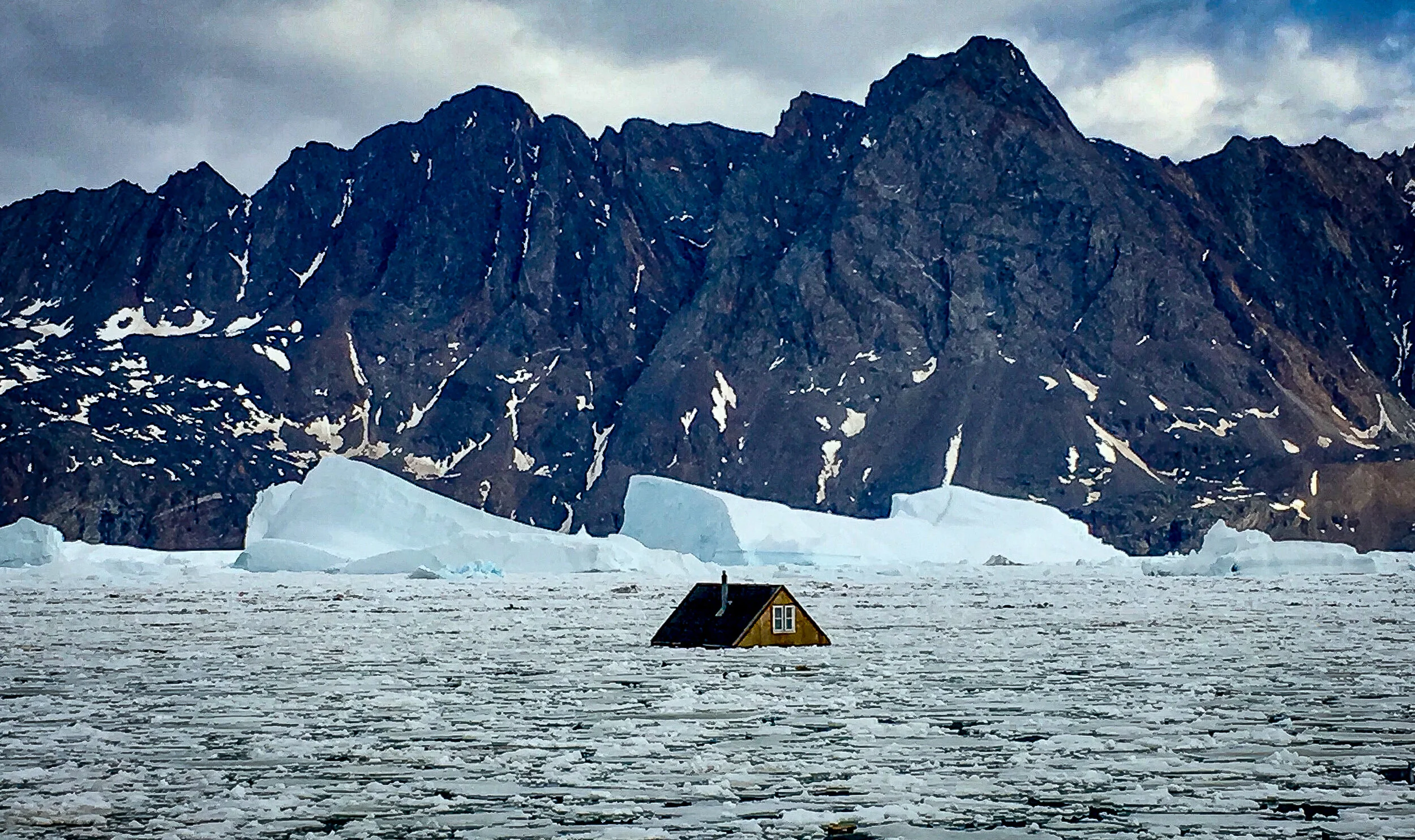Introducing the Fram Centre
The Fram Centre in Tromsø is one of the science institutions that JONAA has established a partnership with, to give our readers an insight into the extensive, important and interesting scientific research carried out in the high north of our region.
The Fram Centre was established in September 2010 and is based in the Norwegian town Tromsø (69 degrees north) and consists of scientists from 20 institutions involved in interdisciplinary research and outreach in the fields of natural science, technology and social sciences.
We contribute to Norway’s sound management of the environment and natural resources in the north – and we aim at excellence in said management. With scientific research as our foundation, we communicate knowledge to management authorities, the business communities and the general public.
The centre contributes to strengthening the connection between research and education. The Fram Centre is an important arena nationally as well as internationally, and contributes with inputs on climate-related issues.
Main funding to the activities in the centre comes from the Norwegian Ministry of Climate and the Environment.
Fram Centre members
CICERO
Centre for International Climate Environmental Research Oslo
National Coastal Administration
NGU - The Geological Survey of Norway
NILU - Norwegian Institute for Air Research
NINA - Norwegian Institute for Nature Research
Nofima - The Norwegian Institute of Food, Fisheries and Aquaculture Research
NORUT - Northern Research Institute
Norwegian Meteorological Institute
Norwegian Insatitute for Bieconomy Research
Norwegian Institute for Water Research
Norwegian Radiation Protection Authority
Norwegian University of Life Sciences
SINTEF Group
UNIS - The University Centre in Svalbard
UiT - The Arctic University of Norway
Associated member: Polaria.
Fram Centre research flagships:
Sea ice in the Arctic Ocean, technology and agreements
Melting of sea ice in the Arctic greatly impacts the global climate. This flagship focuses on social and management challenges to fisheries, shipping and petroleum-related activities. New challenges and technological solutions pertaining to rescue and oil spill response are addressed.
Effects of climate change on sea and coastal ecology in the north
Research in this programme address the multiple ways climate change impacts the physical conditions of fjords and coasts and how, in turn, habitats and food supply are affected.
Ocean acidification and ecosystems effects in Northern waters
This flagship programme contributes to a more complete understanding of ocean acidification. This process will affect the productivity of ecosystems influencing ecosystem-based management and the exploitation of commercial resources, especially in the cold waters of the North, where the uptake of CO2 is substantial and expected to increase over time.
Effects of climate change on terrestrial ecosystems, landscapes, society and indigenous peoples
Changes in Northern terrestrial ecosystems are highly relevant to society, in particular for agriculture, forestry, reindeer herding and nature-based industries, species and area conservation, tourism and recreation. Issues related to climate adaptation in the North, as well the significance of climate change for Sámi culture and settlement are included this flagship.
Hazardous substances – effects on ecosystems and human health
Climate change reinforces the importance of filling the gaps in our understanding of the distribution of pollutants in the Arctic and their effects on ecosystems and human health. This flagship programme also addresses the need for this knowledge to be incorporated in international agreements and processes.
Environmental impact of industrial development in the north (MIKON)
MIKON’s objective is to do research that will strengthen the knowledge base used by the authorities in efforts to limit the “footprint” of industrial activity in the High North, and ensure that new industrial activity takes place within a responsible environmental framework.
About Fram Forum
Fram Forum is published once a year on behalf of FRAM – the High North Research Centre for Climate and the environment. Its aim is to inform the general public about the wide range of activities that take place within the Fram Centre. It is available free of charge to any and all who are interested in topics related to climate, environment, and people in the High North.












